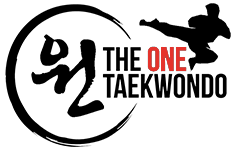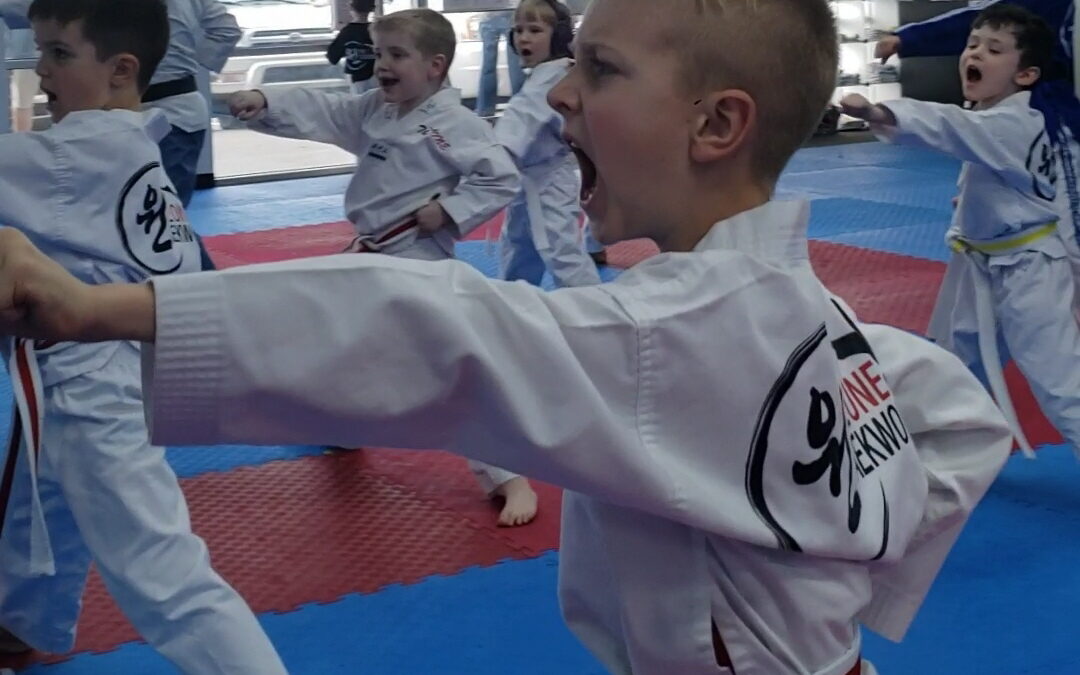Confidence is a crucial attribute that shapes a child’s perception of themselves and their ability to navigate the challenges of the world. As parents, we often seek ways to instill confidence in our children, helping them develop the resilience and self-assurance needed to succeed in life. One incredibly effective avenue for boosting confidence in children is through martial arts training. In this blog post, we’ll explore how martial arts training can empower children, building their confidence and self-esteem along the way.
1. Setting and Achieving Goals
One of the fundamental principles of martial arts training is the setting and achievement of goals. Whether it’s mastering a new technique, earning a higher belt rank, or competing in a tournament, martial arts provides children with tangible milestones to strive for. As children progress through their training and accomplish these goals, they gain a sense of accomplishment and pride in their abilities. This cycle of setting goals, working hard, and achieving success lays the foundation for building confidence and self-belief.
2. Overcoming Challenges
Martial arts training is not easy—it requires dedication, perseverance, and resilience. As children face challenges and obstacles in their training, they learn valuable lessons about perseverance and resilience. Whether it’s mastering a difficult technique, facing a formidable opponent, or pushing through physical fatigue, overcoming these challenges builds mental toughness and confidence. Children learn that they are capable of overcoming obstacles with determination and effort, boosting their self-confidence in the process.
3. Embracing Failure as a Learning Opportunity
In martial arts, failure is not seen as a setback but as a learning opportunity. Children learn to embrace failure as a natural part of the learning process and understand that making mistakes is how they grow and improve. This mindset shift fosters a healthy relationship with failure, empowering children to take risks, step out of their comfort zones, and push their limits. As children become more resilient in the face of failure, their confidence grows, and they become more willing to take on new challenges.
4. Cultivating Discipline and Self-Control
Discipline and self-control are core principles of martial arts training. Children learn to follow instructions, respect authority, and regulate their emotions and impulses. As they develop discipline and self-control in the dojo, these skills translate into other areas of their lives, such as school, home, and social interactions. With greater control over their actions and emotions, children feel more confident in their ability to navigate various situations and make positive choices.
5. Fostering a Supportive Community
Martial arts training often takes place in a supportive and encouraging community environment. In the martial arts school, children form bonds with their instructors and fellow classmates, creating a sense of belonging and camaraderie. This supportive community provides children with the encouragement and reassurance they need to push themselves beyond their comfort zones and strive for excellence. Knowing that they have a team of supporters cheering them on boosts children’s confidence and self-esteem.
Martial arts training is much more than just physical exercise—it’s a transformative journey that empowers children and builds their confidence from the inside out. Through setting and achieving goals, overcoming challenges, embracing failure, cultivating discipline and self-control, and fostering a supportive community, martial arts training equips children with the tools and mindset they need to succeed in life. If you’re looking to boost your child’s confidence and self-esteem, consider enrolling them in martial arts classes—it may just be the catalyst for their personal growth and empowerment.

